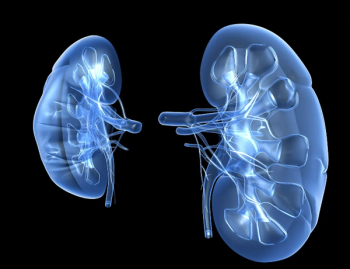
The program was brought together to discuss immunotherapy options for non–clear cell RCC in light of emerging clinical trial data and NCCN guidelines.

Your AI-Trained Oncology Knowledge Connection!


The program was brought together to discuss immunotherapy options for non–clear cell RCC in light of emerging clinical trial data and NCCN guidelines.

Experts in multiple myeloma spoke about optimal treatment strategies for patients who receive bispecific therapy, focusing specifically on facilitating a multifaceted approach between academic and community practices.

An isatuximab-based quadruplet yields significant long-term benefits regardless of subsequent maintenance in in patients with transplant-eligible NDMM.
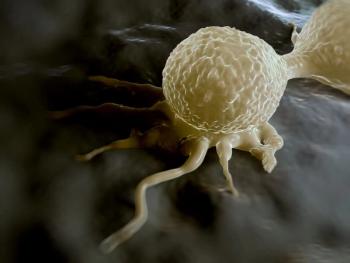
The first stage of a phase 2 trial evaluating neoadjuvant SHR-A1811 in breast cancer meets its primary end point of ORR.
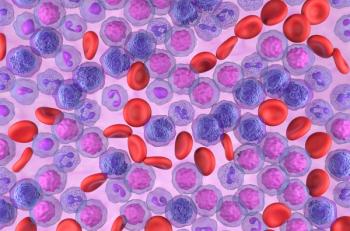
Uproleselan plus chemotherapy did not demonstrate clinical benefit over chemotherapy alone, though did show an acceptable safety profile.

Nivolumab with ipilimumab elicited improvements to progression-free survival in patients with microsatellite instability–high colorectal cancer.

Researchers at Stanford University have conducted a phase 1 clinical trial evaluating the combination of a bispecific CAR T-cell therapy targeting CD19 and CD22 with NKTR-255.

The "New Developments in CAR T Treatments" webinar series brought together leading experts in the field of cancer immunotherapy to discuss the latest advancements and ongoing research in CAR T and natural killer cell therapies.

LumiSystem prompted the removal of a median of 10.5cc extra tumor margin tissue in patients with breast cancer and did not significantly affect satisfaction outcomes.
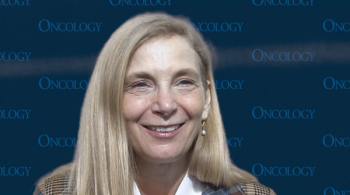
Preliminary phase 2 trial data show durvalumab plus lenalidomide was superior to durvalumab alone in refractory/advanced cutaneous T-cell lymphoma.

Data from a phase 1b/2 study show a 78.6% ORR in patients with metastatic triple-negative breast cancer treated with PM8002/BNT327 plus nab-paclitaxel.

Taletrectinib demonstrated favorable efficacy and tolerability data in the TRUST-I and TRUST-II trials for the treatment of patients with advanced non–small cell lung cancer.

A study evaluating disparities in breast reconstructive surgery sought to assess the impact of culture, race, and ethnicity in minority groups.

Data from the phase 3 OPERA trial support contact X-ray brachytherapy boost as a treatment option for preserving organs in smaller rectal adenocarcinoma tumors.
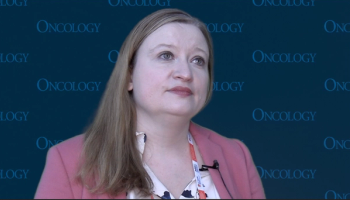
Performance status, age, and comorbidities may impact benefit seen with immunotherapy vs chemotherapy in patients with breast cancer.
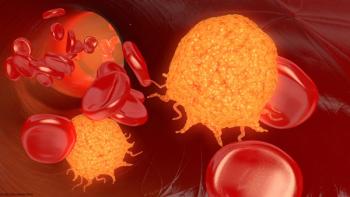
In the phase 1b/2 FELIX study, obecabtagene autoleucel was associated with low incidence of grade 3 or higher immune-related toxicity.
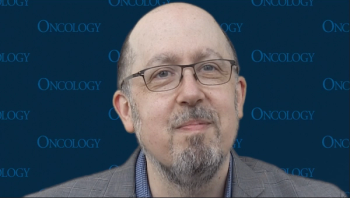
Developing odronextamab combinations following CAR T-cell therapy failure may help elicit responses in patients with diffuse large B-cell lymphoma.

An “avalanche of funding” has propelled the kidney cancer field forward, says Jason Muhitch, PhD.

The phase 3 ZEST trial discovered that, with low ctDNA at baseline, the recurrence-free interval is longer for patients with triple-negative breast cancer.
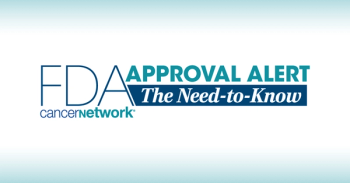
The FDA has granted accelerated approval to encorafenib in combination with cetuximab and mFOLFOX6 for patients with metastatic colorectal cancer with a BRAF V600E mutation, as detected by an FDA-approved test.

Niraparib/dostarlimab with platinum-therapy met its PFS end point in patients with advanced ovarian cancer in the phase 3 FIRST-ENGOT-OV44 trial.

Hemolytic anemias are a collection of rare but severe diseases including paroxysmal nocturnal hemoglobinuria and atypical hemolytic uremic syndrome.
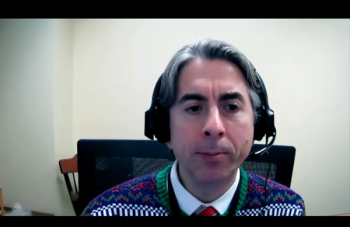
According to Jason Luke, MD, FACP, there is still room to improve response rates in CSCC treatment, but there is excitement surrounding future of treatment outcomes.

Cytokine release syndrome was primarily low or intermediate in severity, with no grade 5 instances reported among those with diffuse large B-cell lymphoma.
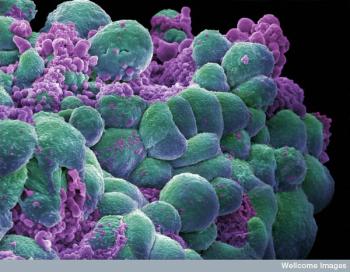
Nab-paclitaxel elicited a pathologic complete response rate of 66.3% compared with 57.6% with docetaxel plus carboplatin, the phase 3 HELEN-006 trial found.

Results from a phase 1a trial showed that NX-5948 yielded an overall response rate of 77.8% in later lines of treatment for patients with WM.

Here are 3 things you should know about immunotherapy in diffuse large B-cell lymphoma.

Kidney cancer advocacy efforts have spread the urgency and importance of funding research in the field to members of Congress.

Data from the phase 3 MSB-GVHD001 trial support the FDA approval of remestemcel-L in pediatric SR-aGVHD.

Data from the phase 3 eXalt3 trial support the approval of ensartinib in adult patients with metastatic ALK-positive non–small cell lung cancer.